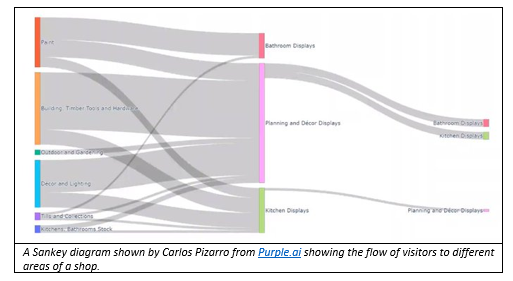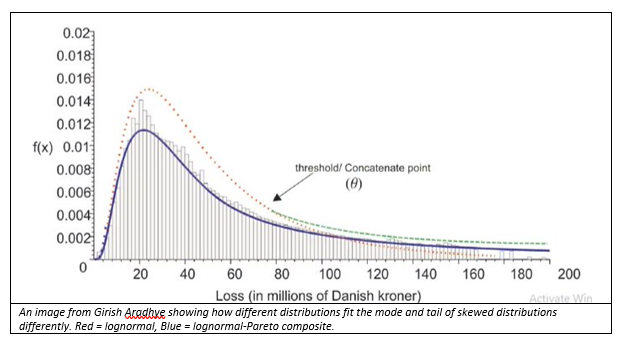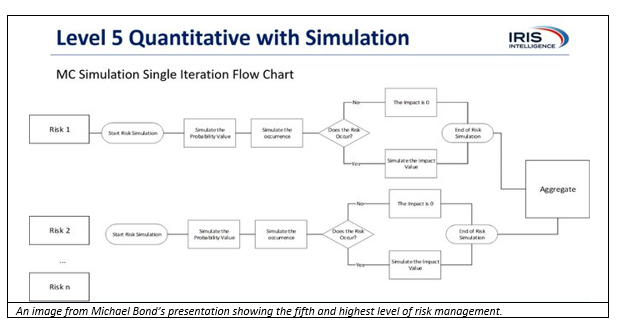On Wednesday 29 July 2022, 22 attendees joined our rapid-fire event, jointly organised with the
Young Statisticians Section. Seven speakers from around the globe joined us to showcase their work in short, 5-minute presentations. The Leeds-Bradford local group was delighted to host our virtual presenters in the first of our hybrid events, which we will continue to offer for remote and in-person attendees.
First up in our rapid-fire showcase was Charlotte Grinyer from
Thales UK presenting on "Evaluating machine learning models with limited data". She concluded that data is
the problem in machine learning but Adaptive Frugal Learning might help artificial intelligence workflows. We were glad to hear that Charlotte and Thales UK are supporting human-in-the-loop architectures in support of a socio-technical approach to analysis and decision making.
Next up we had Carlos Pizarro from
Purple.ai speaking about "How WiFi data can drive insights in the retails sector?" Carlos spoke about comprehensive indoor tracking systems that permit subsequent analysis of variables like how many people are coming into your venue or just passing by/through.

Next up was Charlotte Ledoux from
Vallai - a young start-up based in Paris, France. Charlotte spoke about the balance between making good use of data and respecting privacy. Part of the Vallai offer is providing synthetic data for users to base their analysis on; this keeps a clear divide between the data and the users to respect privacy.
Then, we had Girish Araqdhye speaking about composite lognormal T regression. Lognormal distributions are unimodal and skewed. We were shown a good fit to some example data but the tail did not fit well with a lognormal distribution (see picture below; red line = lognormal fit); using a composite lognormal-Pareto fits the data better (blue line in picture below).

It was music to our ears to hear Louis Harrison from Virgin Money speak about "Providing quick insights using data visualisation tools". Louis guided the audience through a whistle-stop tour of
Tableau (other produces are
SAP,
PowerBI or
QLik). Louis even created a
pack for the presentation that you can check out in your own time.
Eleanor Manley from
Metta Space - a B2B company helping reporting of sexual harassment – told us about "The numbers behind the impact of sexual harassment at work". She presented some perhaps shocking statistics and told us that the main impact of Metta Space’s work is a two-fold increase in reporting of harassment and a 30% decrease of fraud.
Finally, Michael Bond provided “An introduction to statistics in risk management”. He explained the five levels of risk management noting that you’re already super if you practice at level 3 (i.e. qualitative assessment of likelihood and impact). Peak risk management is to use Monte-Carlo simulation of scenarios to compute aggregate expected values. Michael clearly articulated the opportunity for statisticians to be involved in the risk management of decision making.

We are very grateful to the speakers for their talks and for the audience’s engagement. You can
review the twitter stream that was running alongside the event on our
Twitter, and a recording of the talk will be available on the Leeds-Bradford local group playlist within the
RSS’s YouTube channel, shortly.
Author details:
This report was written by Ciarán McInerney, Chair of the Leeds-Bradford local group. The event was organised and hosted by Laura Cattle, Leeds-Bradford local group committee member and Data Scientist at
Purple.ai.